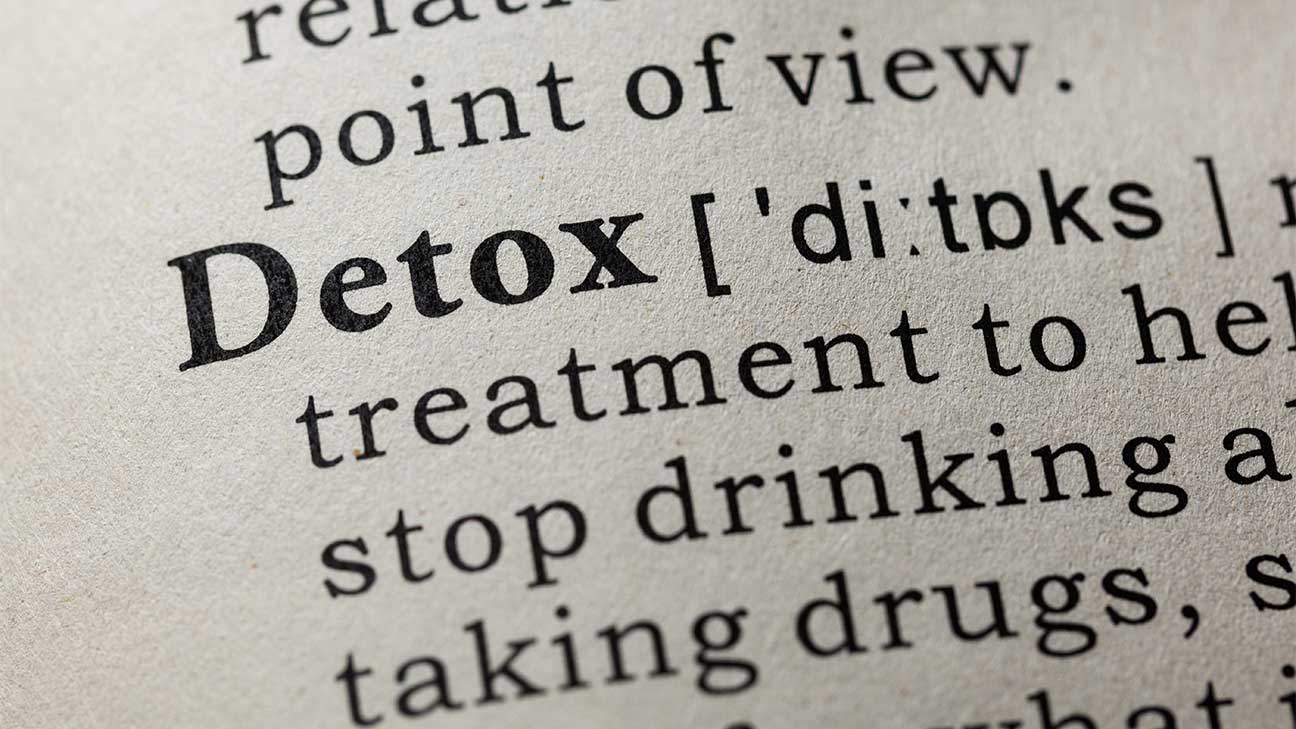
The process of the body removing the drugs in its system is called detoxification. This happens so that people can manage their withdrawal symptoms safely as soon as they stop taking alcohol or drugs.
Detox brings a different experience for everyone. The type of substance and the length of time it was used are going to factor into how detox goes for each person. Detoxification also involves the use of medications that keep former users calm and comfortable as the chemicals from the drugs leave their system.
How Long Do Withdrawal Symptoms Last?
Withdrawal symptoms can last for many months, depending on a number of factors. Some of these factors include:
- The type of drug or substance
- The length of time the user was addicted to the substance
- How severe the addiction was
- The amount of the drug or substance a user took at a single time
- The method in which the drug was taken into the user’s system, whether by injecting, smoking, swallowing, or snorting
- The mental and emotional state of the individual
- Medical conditions suffered by the person
- Family history
- Genetic makeup
There is always someone you can talk to regarding medically assisted and home detox programs. Don’t hesitate to ask for help or do your research.
Drug Detox Programs at Home
A lot of care needs to be taken when detoxing at home. One can simply go cold turkey or experience serious medical issues from lack of medical supervision. Despite these caveats, however, a drug detox program done at home can still be a success.
Both inpatient and outpatient programs are set in place to prevent serious complications. Those who’ve become severely addicted to drugs are advised to seek inpatient programs as withdrawal symptoms for these individuals can be fatal. They need round-the-clock support and monitoring.
The Detoxification Process
Your needs for detoxification are different from others. You could be using drugs recreationally, compared to another individual who is seriously addicted to much more damaging substances. This, alone, means that your drug detox program is going to be completely different.
One of the great things about the detox programs available today is that they can be structured around a person’s unique needs to help ensure optimal recovery. No matter the differences in detox programs, most will usually entail the following steps:
Step 1: Evaluation
The first step is when medical professionals screen a patient for mental and physical health issues. Through blood tests, these professionals are able to determine the amount of chemical substances present in the patient’s system. This determines the types of medications to be used in the process.
A comprehensive review of the addictive substance will also take place to help determine the patient’s long-term treatment plan.
Step 2: Stabilization
The patient will then be stabilized using psychological and medical therapy. This helps ensure that the patient doesn’t bring himself any harm during the process of recovery.
Addiction treatment medicines are usually prescribed by physicians to reduce withdrawal symptoms and prevent complications.
Step 3: Preparation for Treatment
The patient must then be prepared for the treatment program. Doctors educate their patients on the treatment process, letting them know what to expect and familiarizing them with the steps involved in the program. The most successful results typically come from inpatient programs.
Adverse Effects of Detox
Detox can have side effects too, and they can be dangerous and painful. Again, this emphasizes the importance of medical detox over other forms.
When a detox program is supervised by a medical professional, patients are able to rid their system of chemicals in a safe and comfortable environment.
With medical detox, you can reduce the number of symptoms you experience. However, this isn’t to say that all symptoms can be avoided.
Here are some of the common symptoms that one is still likely to experience:
- Insomnia
- Nausea
- Anxiety
- Mood swings
- Body discomfort
- Sleep difficulties
- Difficulty in focusing and concentrating
How Detox Varies by Drug Type
Depending on the drugs that a person was addicted to, the detox process can be more difficult. The type of substance used can determine whether an individual experiences physical or mental withdrawal symptoms.
Withdrawal brought on by cocaine abuse, for instance, targets a person’s psyche more than anything else. It makes one crave the drug and become anxious. A detox program structured around former cocaine addicts tends to focus on managing these symptoms.
On the other hand, withdrawal from alcohol can lead to seizures and, sometimes, even death.
The detoxification process often entails the use of medications that have a similar effect to the abused drugs in order to manage the symptoms of withdrawal better. Co-occurring disorders are also targeted by these medicines.
Conclusion
There’s a good number of detox programs to take advantage of if you’ve been using or have gotten addicted to substances and want to put a stop to it. There are inpatient, outpatient, and even home detox programs to try out depending on the drug you’re using, the length of time you’ve been using the substance, the severity of your use, and plenty of other factors. Your consideration of these matters can greatly influence the end result.
It’s also completely understandable that you want to keep things private. For those who use drugs occasionally and only for recreational purposes, don’t panic about the upcoming drug test that you’re likely to undergo by the end of the week. A whole-body detox program in the form of the Toxin Rid detox program, which you can do at home and in your own private time, will help you pass that dreaded drug test.
